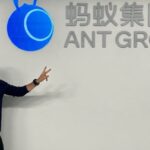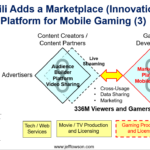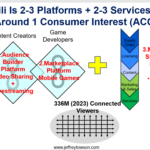Alipay’s Tap and Smart Health represent cutting-edge innovations by Ant Group, showcasing their leadership in digital transformation strategy. Digital strategy consultant Jeffrey Towson highlights how these technologies are reshaping payments and healthcare. Learn how these advancements align with broader trends in fintech and smart services.







